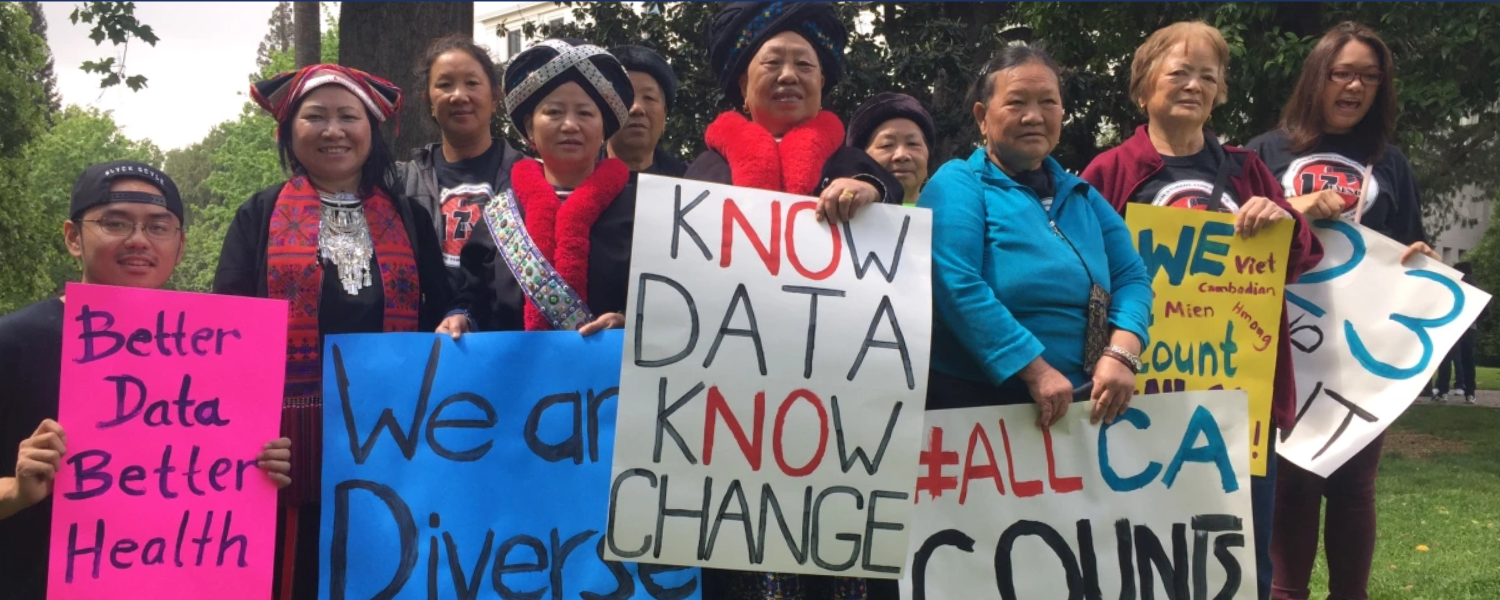July 11, 2018 IN: Immigration, National, Press Room
SEARAC Denounces Visa Sanctions against Laos and Myanmar
The Department of Homeland Security (DHS) justifies this policy shift by emphasizing the potential release of those with criminal convictions due to their inability to deport from the United States. What DHS fails to mention is that a majority of these community members are lawful permanent residents who came into the country as refugees, and have already served their time in prison for old convictions, transformed their lives, contribute to their communities, and now support U.S. citizen families. This misguided and false guise of national security does nothing more than to fuel an anti-immigrant agenda determined to keep families separated.
Since 1998, 4,568 individuals have been issued deportation orders to Laos. Of that number, there have been a total of 206 deportations, with 4,362 still waiting in limbo.1,2 As the only Southeast Asian American country with no repatriation agreement with the United States in place, Laos has been able to keep its deportation numbers relatively low, compared to Vietnam and Cambodia. As a result, thousands of Lao and Hmong community members with deportation orders have lived in the country for decades-many rebuilding their lives post-incarceration. However, these visa sanctions have the potential to shift the deportation landscape drastically for Lao and Hmong community members with deportation orders. Last year, the United States sanctioned Cambodia, which led to the biggest mass roundup of Cambodians for detention. Deportations to Cambodia are rumored to double this year.
“Our community members are still healing from the trauma of having survived one of the worst genocides of the 20th century,” says Quyen Dinh, executive director of SEARAC. “Instead of re-traumatizing them, our elected leaders should instead work toward building our communities and economy up, not tearing them both down. We must invest our resources in uniting around humane, long-lasting solutions that prioritize peace. We call on our Congressional leaders to stand with us to protect vulnerable families and denounce these sanctions.”
Although it is too soon to tell how Laos will react to these new threats, we encourage community members who have deportation orders to seek legal counsel immediately.
Knowing your legal options of relief prior to detention will help you and your family create an emergency preparedness plan of action to help ease the effects of possible separation. Please refer to the below resources for more help:
- Here is an online guide to help you know your rights during an ICE encounter.
- Read SEARAC’s Resource Guide for Southeast Asian Americans Facing Criminal Deportation.
- For more pro-bono legal options, check out SEARAC’s directory of individuals and organizations with expertise in criminal deportation of Southeast Asian Americans.
- Consider sharing your story through our advocacy data collection form to strengthen SEARAC’s advocacy to stop SEAA deportations.
- Check out this video for tips and resources to organize locally to stop deportation.
Take Action: Members of Congress Need to Hear From YOU
1. Contact your Congressional leaders today.
2. Here’s what you can say:
“My name is ____ from (city, state). I am calling Representative/Senator (name) to denounce the Trump Administration’s move to pressure Laos into accepting deportees through issuing visa sanctions. This policy will tear families apart and destabilize communities like ours by ignoring the humanitarian implications of deporting refugees. It is important for Congress to weigh in on this. Would you be willing to issue a statement in opposition to this effort by the Trump Administration and to stand in solidarity with the Lao and Hmong community?“
(If they answer ‘Yes’ or ask for more information, direct them to SEARAC Director of National Policy Katrina Dizon Mariategue at katrina@searac.org.)
3. You can also use SEARAC’s Talking Points on Laotian visa sanctions.
REFERENCES
1. Transactional Records Access Clearinghouse, U.S. Deportation Outcomes by Charge, Completed Cases in Immigration Courts, Available at:
http://trac.syr.edu/phptools/immigration/court_backlog/deport_outcome_charge.php.
2. Department of Homeland Security, “Yearbook of Immigration Statistics,” Available at: https://www.dhs.gov/immigration-statistics/yearbook.





